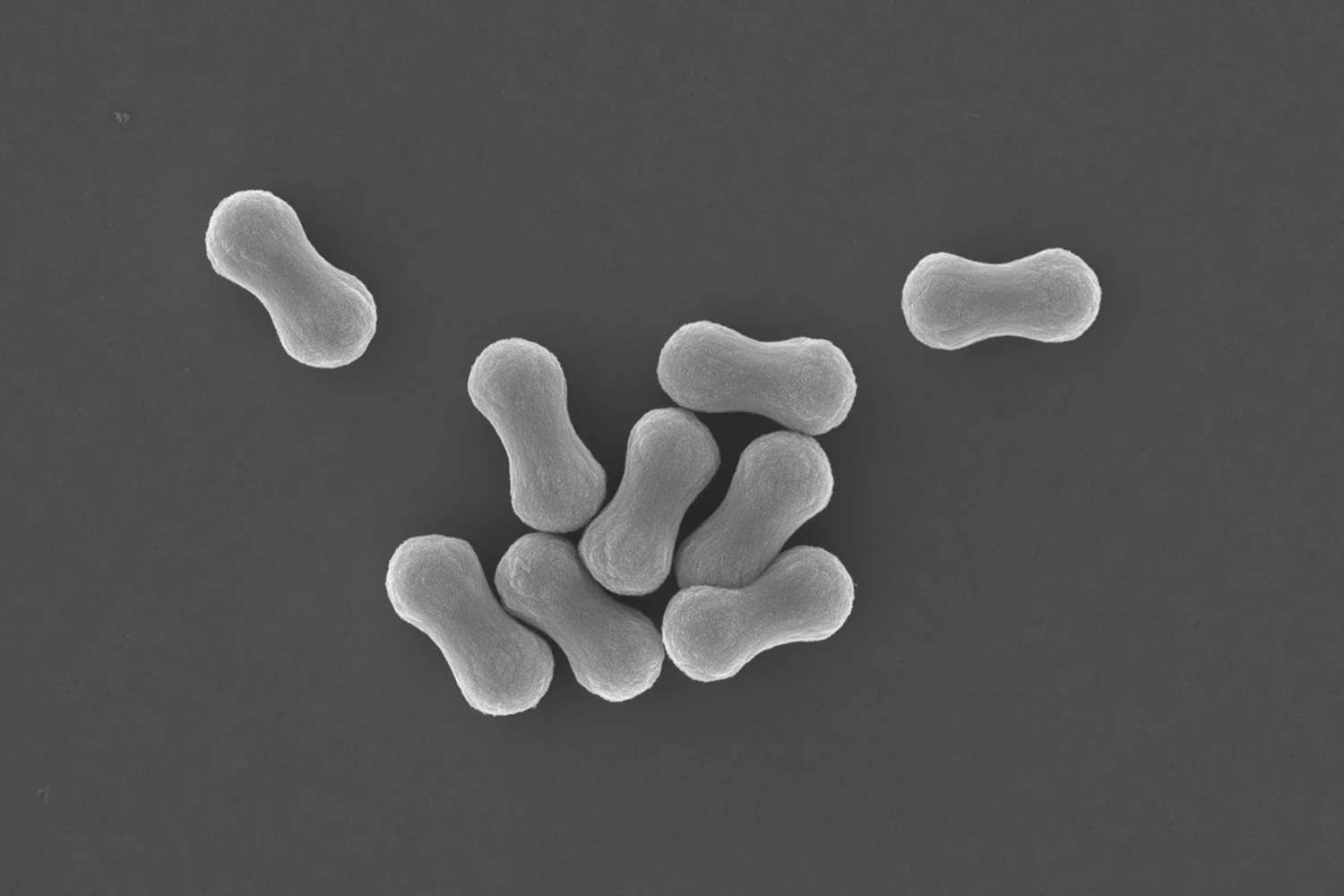We at BonLab are excited and looking forward to the 2017 IPCG meeting, this time organised by prof. Prof. Jose R. Leiza from the University of the Basque Country (Spain) and Dr. Willie Lau from Oriental Yuhong (China). Prof.dr.ir. Stefan Bon will give a masterclass on polymer colloids in the preceeding Gordon Research Seminar to an international audience of postgraduate students. He will also give an invited talk in the main conference with the tentative title: Dynamic Supracolloidal Engineered Materials
The International Polymer Colloids GroupConference (IPCG2017) will bring together world leading scientists to discuss the latest developments in the area of colloidal polymer science. The talks of the invited speakers will feature a balance of traditional and emerging applications for polymer colloids, including advanced colloid monitoring techniques, morphology and film formation, hybrid colloids, colloids for life and biotechnological applications, and engineering colloids.
The conference will take place in Arantzazu, which is a Sanctuary located in the town of Oñati in the Basque Country Region (Spain). The place benefits from the highland silence and peaceful atmosphere of the Aizkorri mountain range. The place is frequently visited by devotees (Virgin of Arantzazu) and tourists. Arantzazu is also a starting point for several mountains trails and circuits for hikers that provide access to the meadows of Urbia and on to the mountain range Aizkorri.
Stefan Bon previously chaired the 2015 IPCG meeting in New Hampshire, USA. More in this in one of our blog entries.







